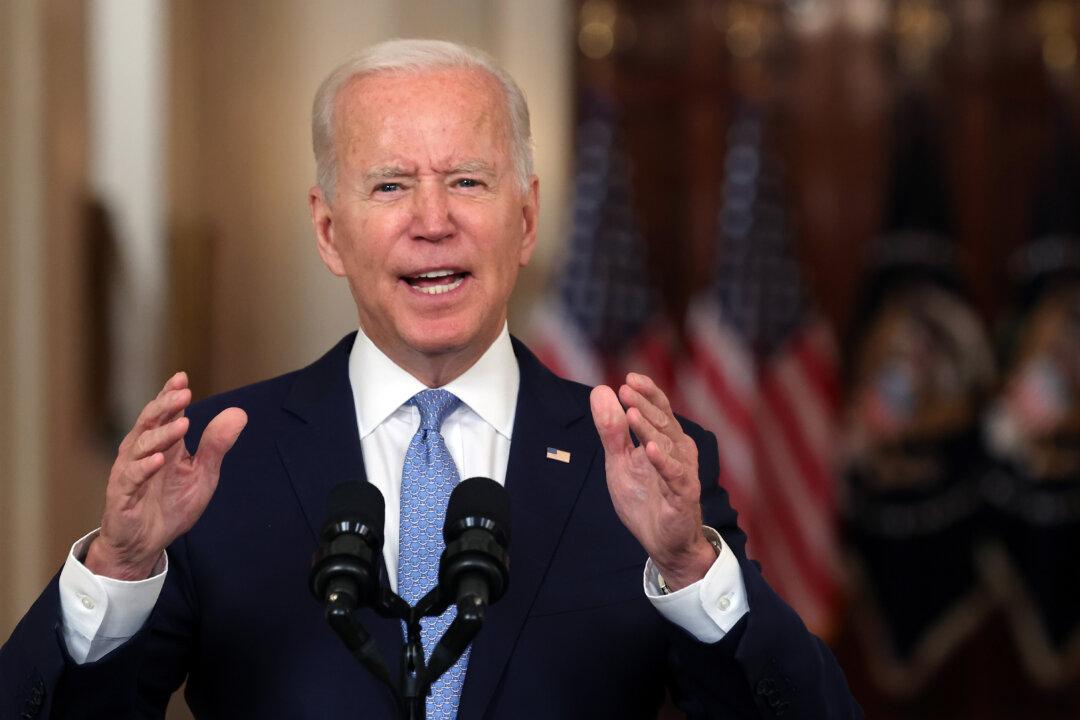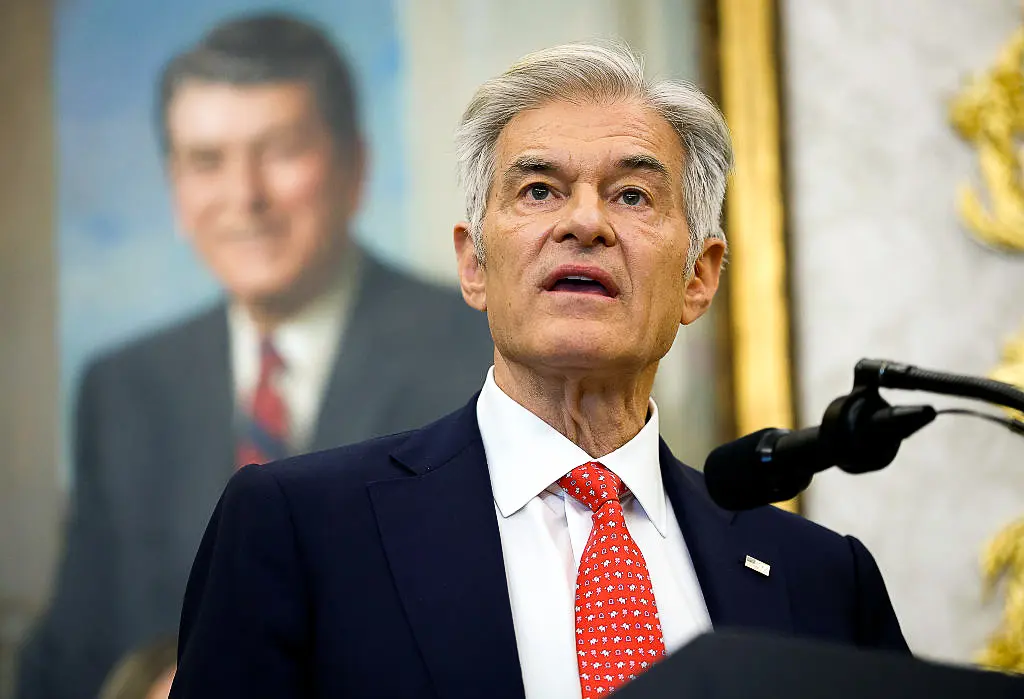President Joe Biden again defended his administration’s handling of the U.S. withdrawal from Afghanistan on Aug. 31, declaring an end to the 20-year-long conflict, but opening up the possibility for future airstrikes against ISIS affiliates in the country.
“This is the way the mission was designed,” he said of the often messy and chaotic evacuation that has drawn criticism from both major political parties, the media, and family members of soldiers who were recently killed in Kabul by terrorists.





